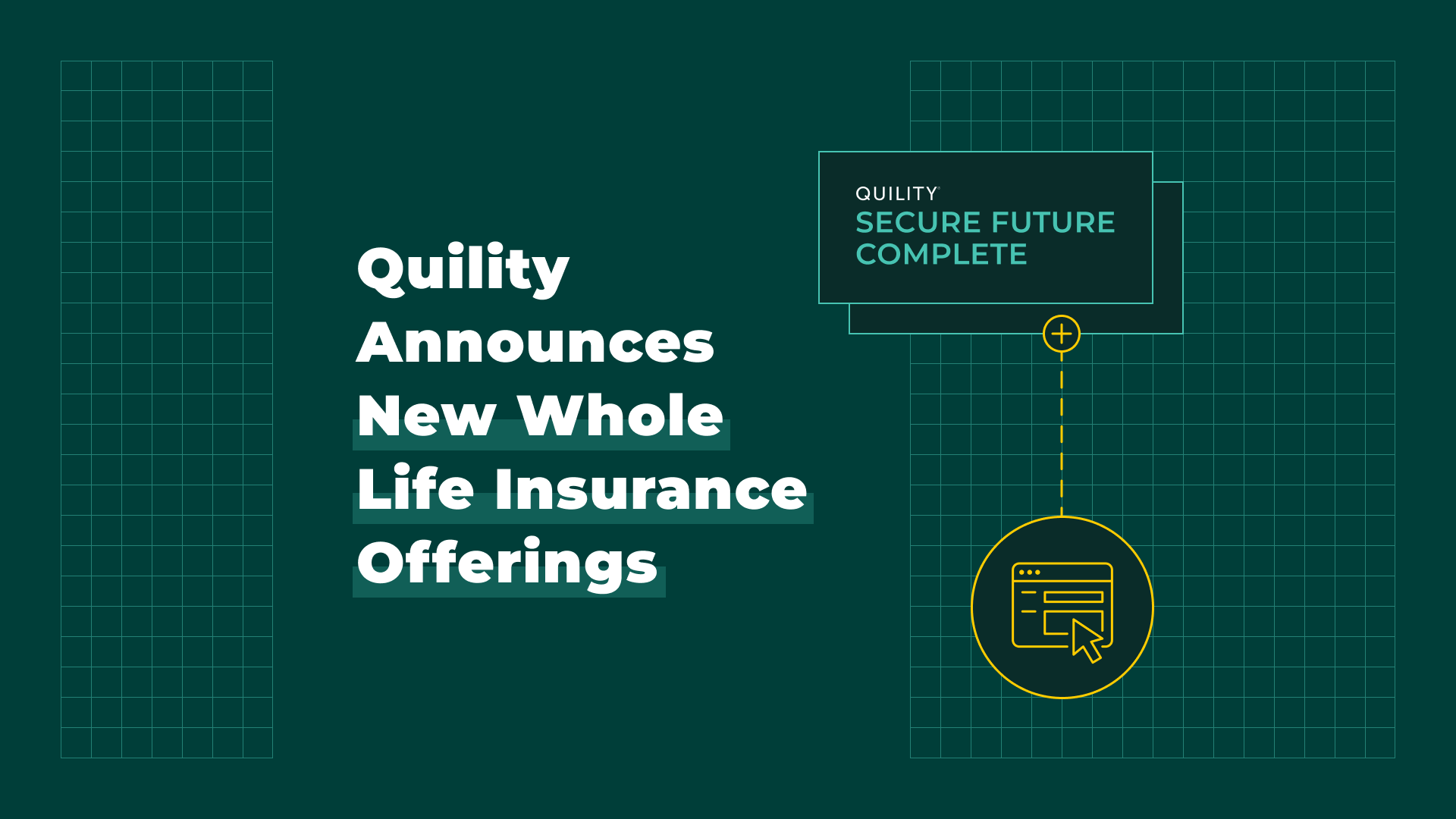Inflation and recession are two complex concepts that represent separate but interconnected states of the economy. We’ll use this article to define each and hit their basic, defining characteristics.
Inflation is the general increase in the price of goods and services over time. The Federal Reserve believes a healthy inflation rate is around 2% per year.
There are a number of ways to measure inflation, however, one of the most common is the Consumer Price Index for Urban Consumers (CPI-U) which measures changes in consumer prices based on a representative selection of goods and services. This data is compiled by the Bureau of Labor Statistics and published monthly.
While a steady rate of inflation is part of a healthy economy, excessive inflation can occur for many reasons including increased consumer confidence, higher wages, lower interest rates, issues related to the supply chain and global upsets.
High inflation means higher prices on goods and services for all Americans. During times of high inflation, saving is encouraged as opposed to spending. Because interest rates generally follow the direction of inflation, Americans are also advised to focus on paying off debt, particularly loans with variable interest rates, when inflation is high.
A recession is a significant decline in economic activity, characterized in part by negative gross domestic product (GDP), a rising unemployment rate, falling retail sales and decreased measures of income and manufacturing. A period of recession is often confirmed after two consecutive quarters of declining GDP.
A recession is measured by the GDP which is the total value of all goods and services within a country in a specific timeframe. The U.S. provides estimates of this measurement on a quarterly and yearly basis.
Some drivers of a recession are a sudden economic shock (like the recent pandemic), excessive personal and business debt defaults and bankruptcies, asset bubbles and breakthroughs in technology which can, at least temporarily, displace large numbers of employees.
During a recession, it’s common to see a decrease in employment opportunities, layoffs and pay cuts. Investments in stocks, bonds and real estate might lose value and business owners may experience fewer sales.
Additionally, in response to a weakened economy, lenders might tighten up on their requirements for obtaining loans.
Within reason, both inflation and recession are normal phases to the ebb and flow of the American economy. Pushed to their extremes though, and sustained for an extended period of time, either can have a destructive effect on the economy’s balance and the financial health of individuals.
Let’s Get Started
If you are ready to get coverage now, our online application takes less than ten minutes.








